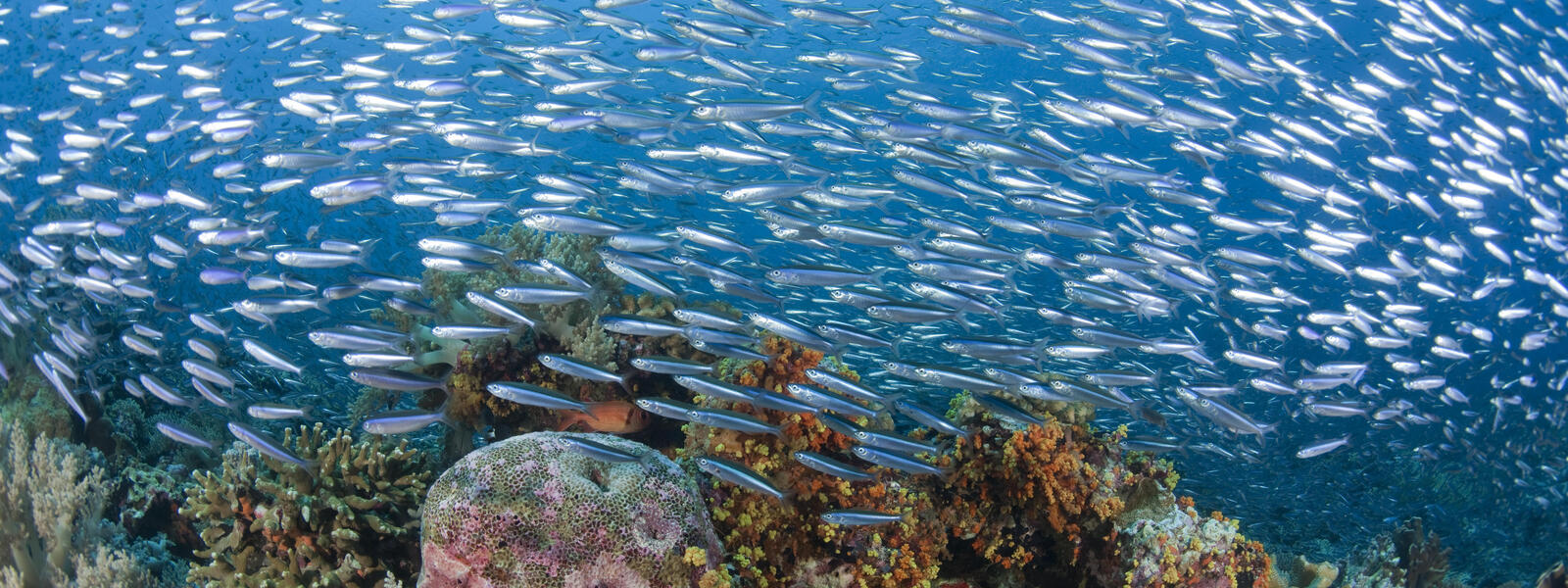
Degraded Ecosystems
Overfishing can impact entire ecosystems. It can change the size of fish remaining, as well as how they reproduce and the speed at which they mature. When too many fish are taken out of the ocean it creates an imbalance that can erode the food web and lead to a loss of other important marine life, including vulnerable species like sea turtles and corals.
Decreasing Food and Economic Security
Demand for fish continues to increase around the world, and that means more businesses and jobs are dependent on dwindling stocks. Fish ranks as one of the most highly traded food commodities and fuels a $362 billion global industry. Millions of people in largely developing, coastal communities depend on the fishing industry for their livelihood and half the world’s population relies on fish as a major source of protein. When fish disappear, so do jobs and coastal economies. High demand for seafood continues to drive overexploitation and environmental degradation, exacerbating this circular problem.
Declining Wildlife
Decades of destructive fishing has resulted in the precipitous decline of key fish stocks such as bluefin tuna and Grand Banks cod, as well as collateral impacts to other marine life. Hundreds of thousands of marine mammals, seabirds, and sea turtles are captured each year, alongside tens of millions of sharks. Many of these species are endangered and protected, while some such as the vaquita, Eastern Pacific leatherback turtle, and Maui dolphin are on the brink of extinction.

